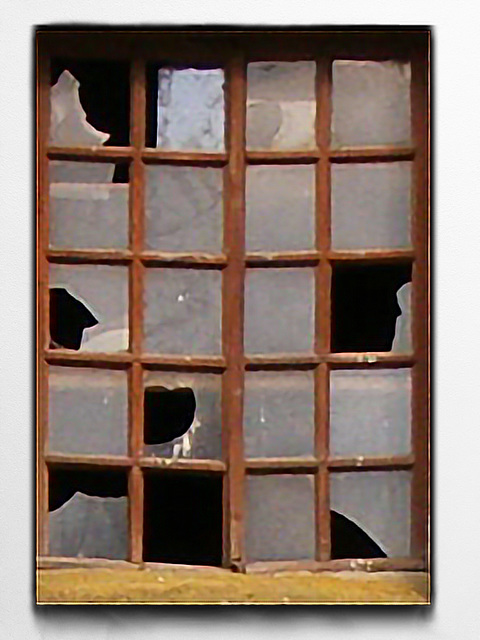The Buddha meditating
Volcano
Ananthasayana
Varandha
Curl-crested Toucan
Masked dance and wedding-feast of the Tucuna India…
Japanese Garden
Japanese Garden
जयरामबती
To the tank
पंचवटी
करकला बाज़ार 574 104
Bus stand
Hydrangea
Her Camera
One family's possessions
Become Desert
Finding Zero
Species and the culture
Bodhidharma
Volcano
Figure 5.1
The Palace
The palace etc
Parque Nacional Volcán Masaya
Overlooking new Managua
Avalokitesvara
FIGURE 5.2 ~ Schopenhauer's Buddha?
See also...
Keywords
Authorizations, license
-
Visible by: Everyone -
All rights reserved
-
41 visits
- Keyboard shortcuts:
Jump to top
RSS feed- Latest comments - Subscribe to the comment feeds of this photo
- ipernity © 2007-2024
- Help & Contact
|
Club news
|
About ipernity
|
History |
ipernity Club & Prices |
Guide of good conduct
Donate | Group guidelines | Privacy policy | Terms of use | Statutes | In memoria -
Facebook
Twitter



“No animal can put external bodies in motion without the sentiment or a nisus or endeavour; and every animal has a sentiment or feeling from the stroke or blow of an external object, that is n motion. These sensations. . . we are apt to transfer to inanimate objects, and to suppose, that they have some such feelings, whenever they transfer or receive motion”
The absurdity of this assumption -- that, for example, a stone feels the exertion of breaking a window -- is probably the kind of absurdity many people are inclined to see in Schopenhauer’s doctrine of the world as a will: namely, a preposterous animalism. But Schopenhauer makes it clear that that is not his view. He is not concerned with the ‘feelings’ accompanying our actions, but with the immediacy with which we realize that a certain force is activated by certain circumstances. The claim is that what we witness here is essentially what happens everywhere, though not always witnessed by anybody, nor accompanied by any feelings. ~ Page 170
Sign-in to write a comment.